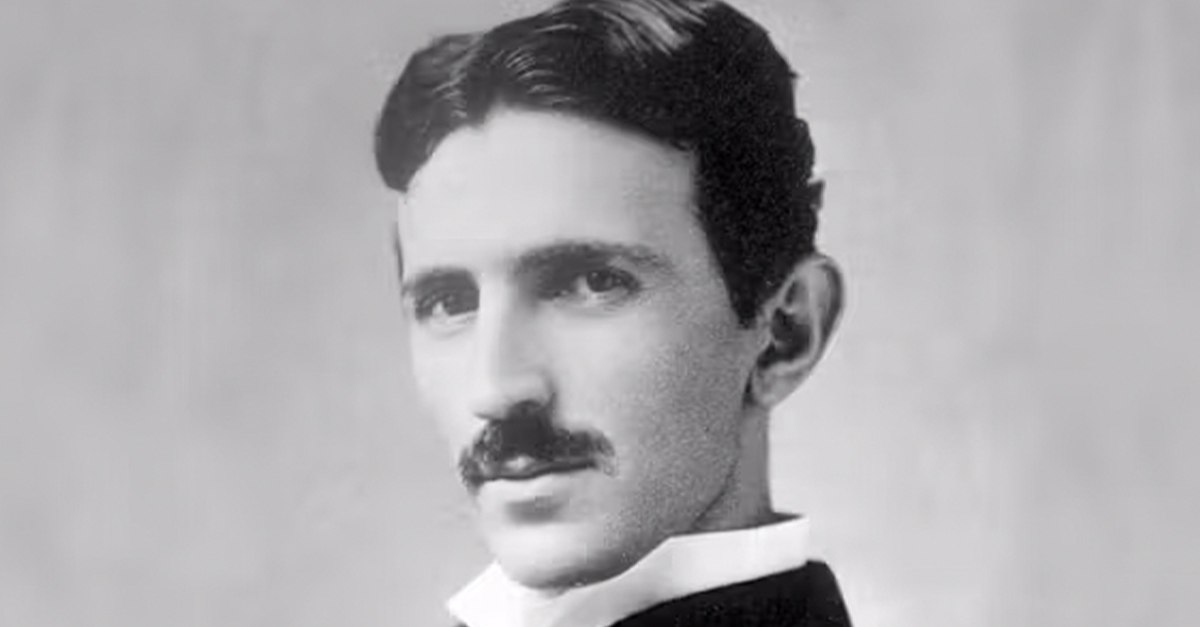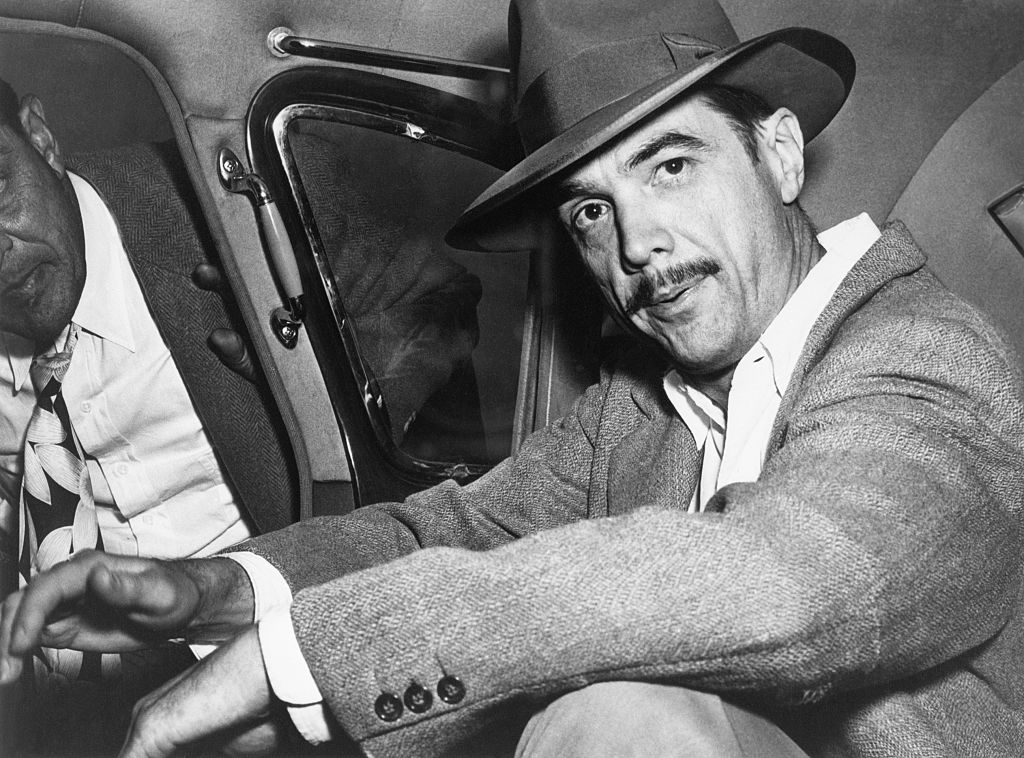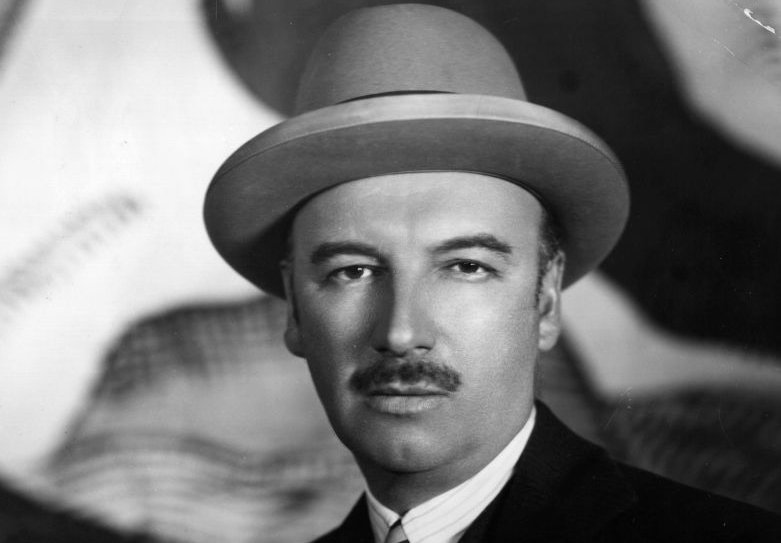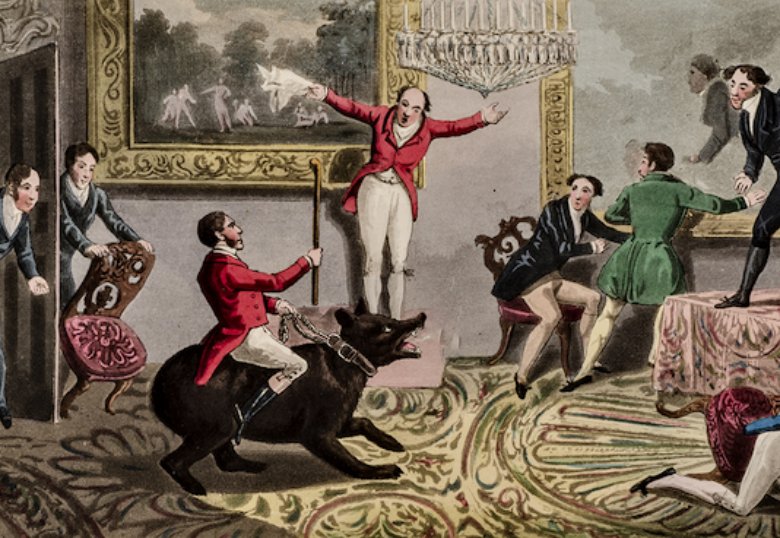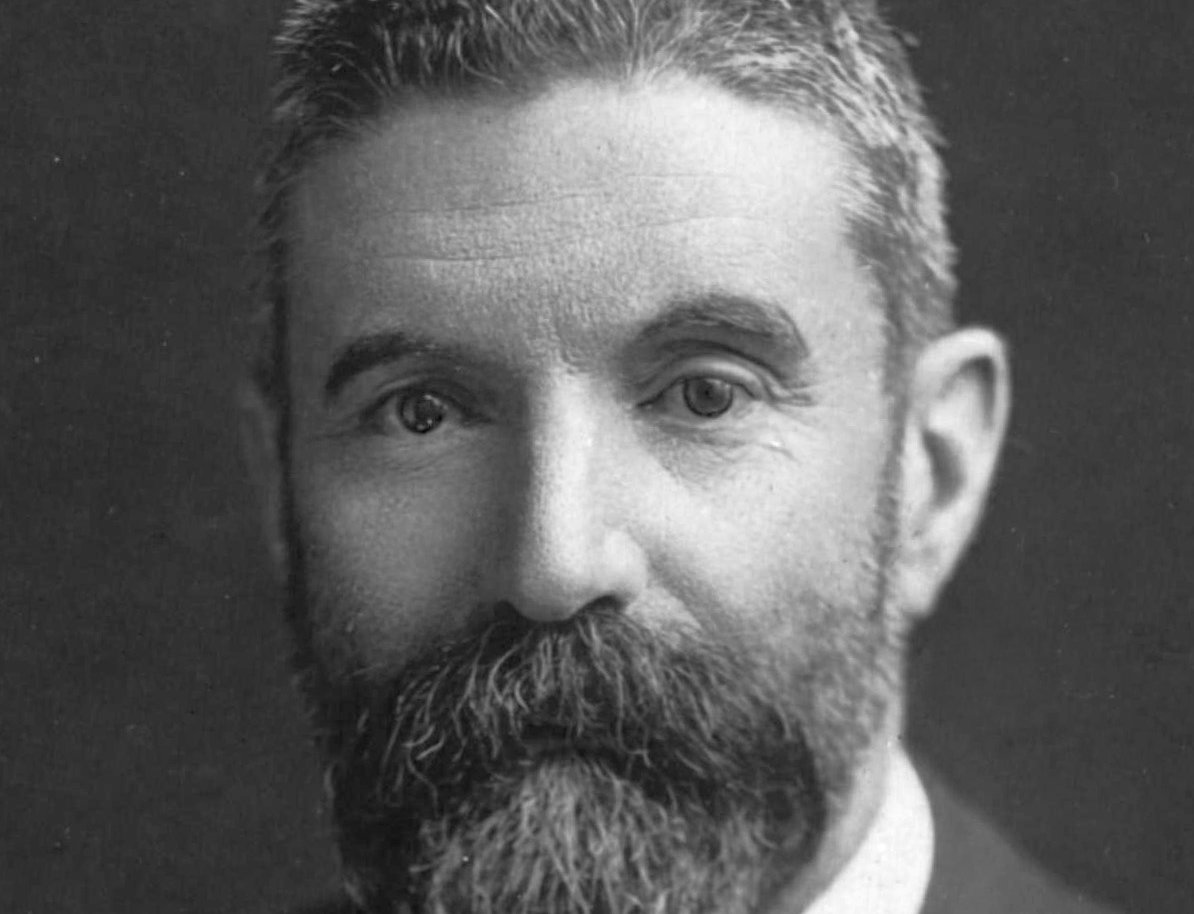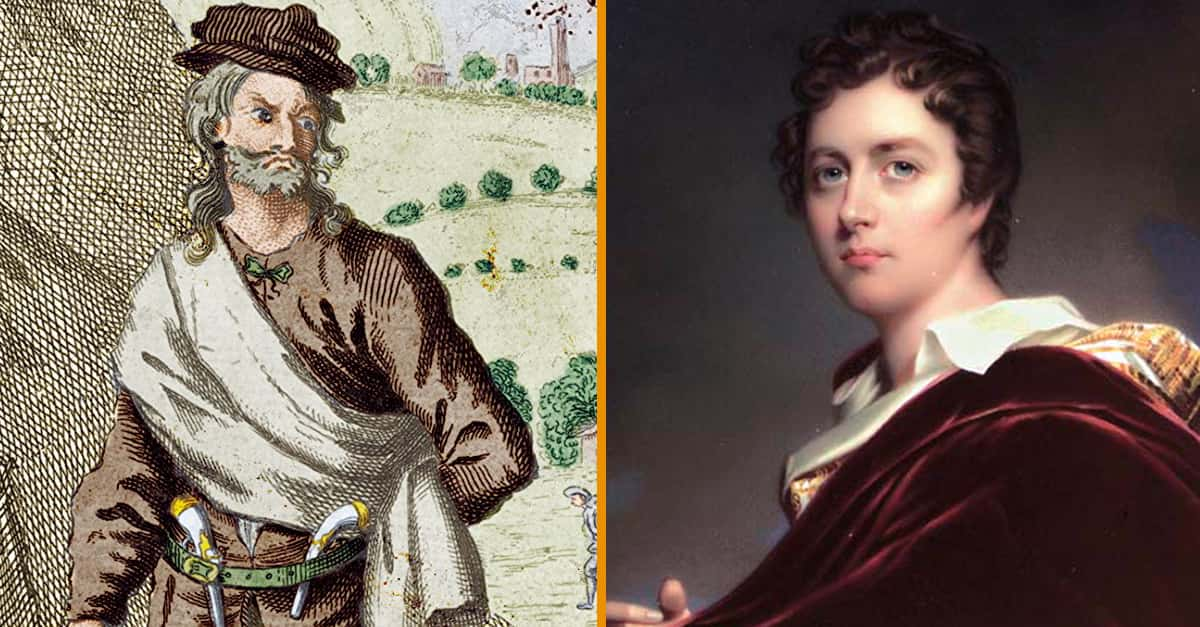You Don’t Make A Name For Yourself Without Some Quirks
History isn’t defined by the normal. You’ll understand this further when reading a list of famed eccentrics. You’ll also be sure to pick up on some running themes throughout.
Hetty Green
Earning the nickname “The Witch of Wall Street”, Hetty Green was at one point the richest woman in America during The Gilded Age. Yet some of her practices made her go down in history for more than just her sizable checking account.
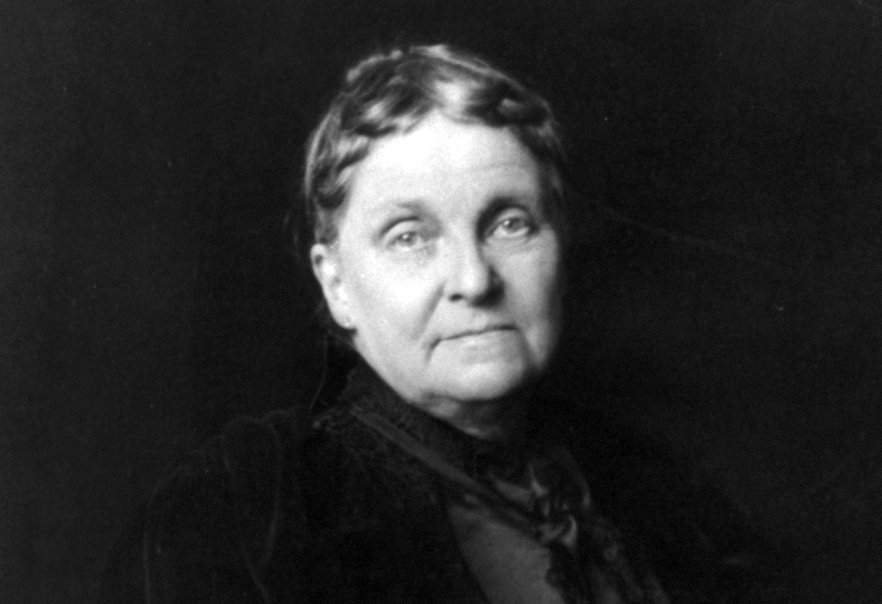 Hollinger & Rockey, Wikimedia Commons
Hollinger & Rockey, Wikimedia Commons
Hetty Green
Part of her wealth came down to excessive frugality, such as doing her work outside of a trunk instead of an office. She also earned quite a reputation for trying to cure her sick son’s illness herself instead of seeking medical help.
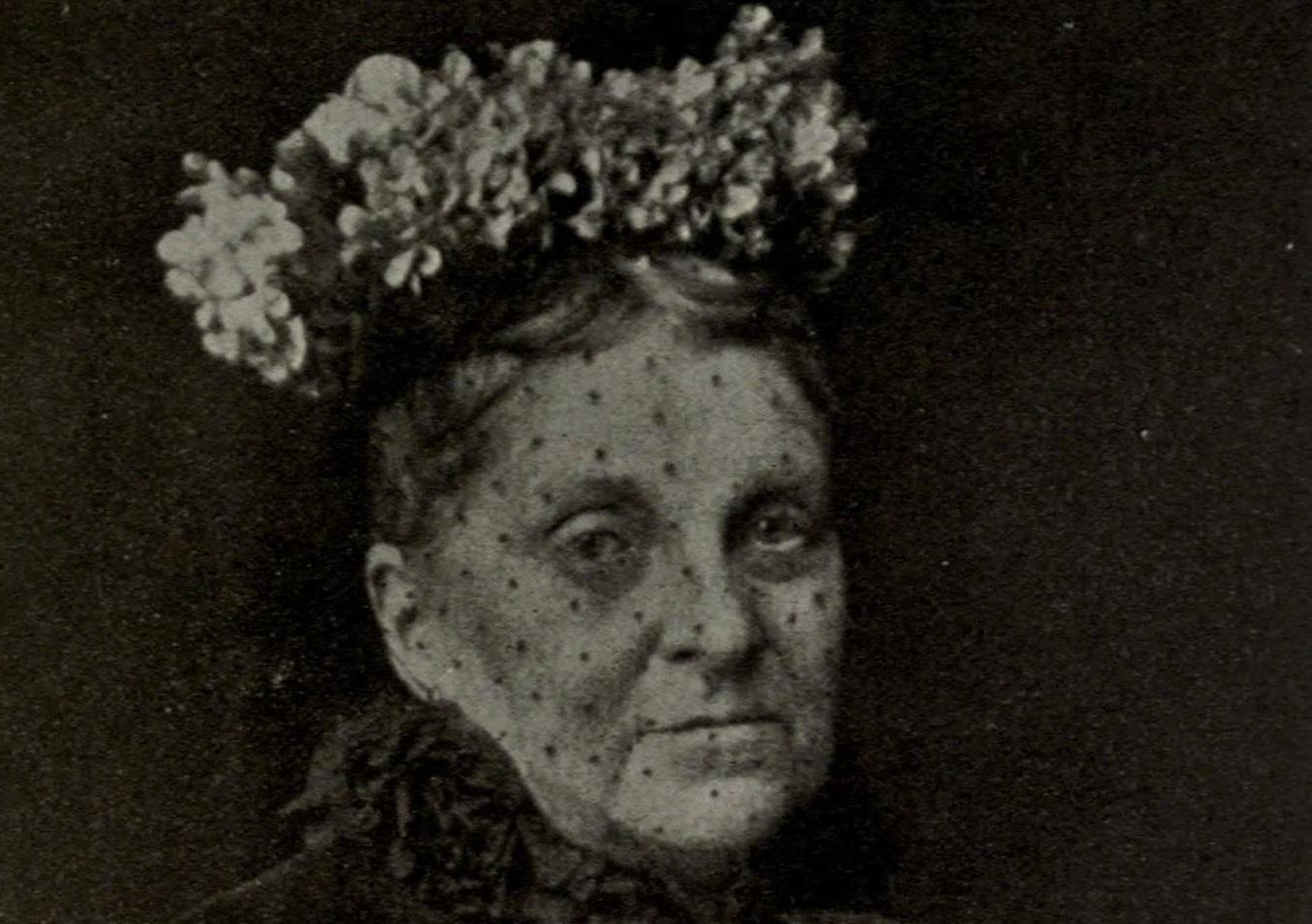 National Magazine, Wikimedia Commons
National Magazine, Wikimedia Commons
William Archibald Spooner
Have you ever heard the term “spoonerism?” Well if so, you have early 20th century Oxford professor William Archibald Spooner to thank for that.
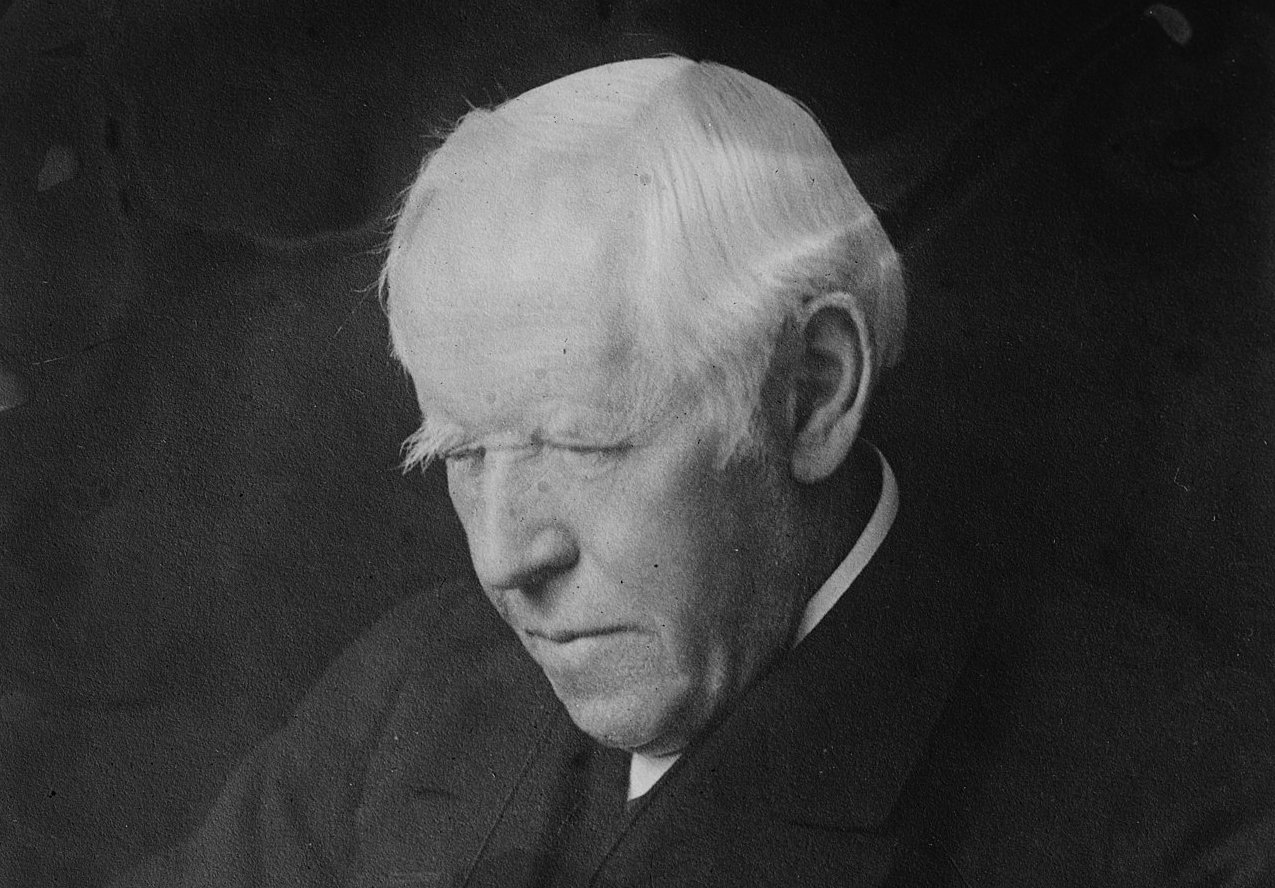 Bain News Service, publisher, Wikimedia Commons
Bain News Service, publisher, Wikimedia Commons
William Archibald Spooner
Spoonerism, of course, refers to mixing up syllables in a spoken phrase for comic effect. Spooner did it commonly during lectures, unintentionally, which gained him somewhat of a cult following of sorts.
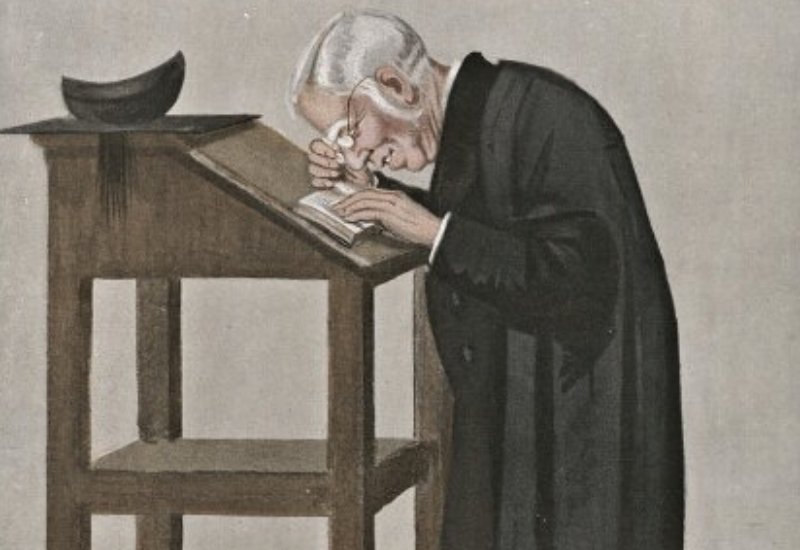 Leslie Ward, Wikimedia Commons
Leslie Ward, Wikimedia Commons
Oscar Wilde
The brilliant satirist he was, Oscar Wilde’s personality instantly stood out during the stuffy Victorian era. He definitely leaned into his own eccentricity to willingly disrupt the standards of society.
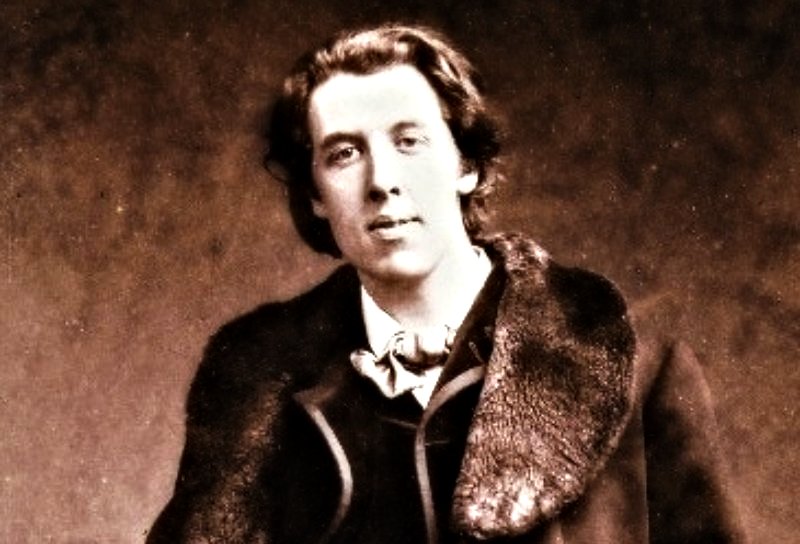 Elliott & Fry, Wikimedia Commons
Elliott & Fry, Wikimedia Commons
Oscar Wilde
Wilde’s activities could include walking a lobster on a leash in public. But he was unfairly persecuted when jailed for his homosexuality, which was representative of the dangerous repression of prudish British society.
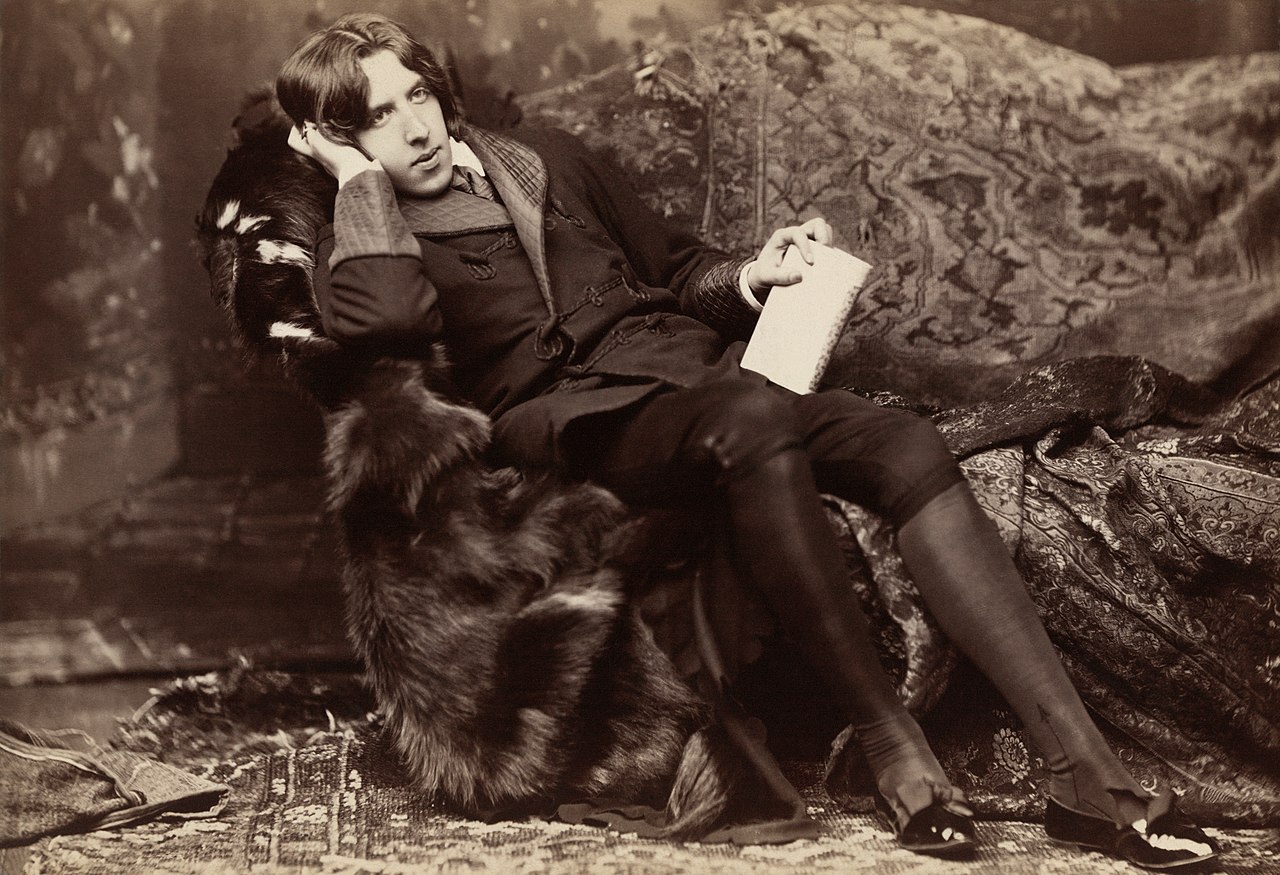 Napoleon Sarony, Wikimedia Commons
Napoleon Sarony, Wikimedia Commons
Simeon Ellerton
It’s possible we’d have no CrossFit, or whatever the heck workout system Mark Wahlberg uses, without the innovations of 18th century fitness freak Simeon Ellerton. Of course, his extreme discipline made him stand out to some unfortunate lengths.
 Jan Goedeljee, Wikimedia Commons
Jan Goedeljee, Wikimedia Commons
Simeon Ellerton
On Ellerton’s long walks for exercise, he picked up a habit of collecting stones which he’d balance on his head and save up for a home to build. It came to the point where he’d only be able to go out into public if he was carrying stones on his head.
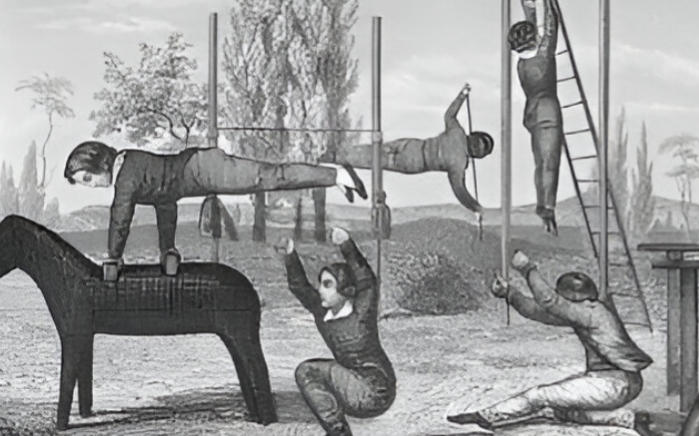 Unknown Author, CC0, Wikimedia Commons
Unknown Author, CC0, Wikimedia Commons

History's most fascinating stories and darkest secrets, delivered to your inbox daily.
Caligula
Eccentric, sadistic, perverted, or sociopathic? All of those could describe the megalomania of the notorious Roman emperor.
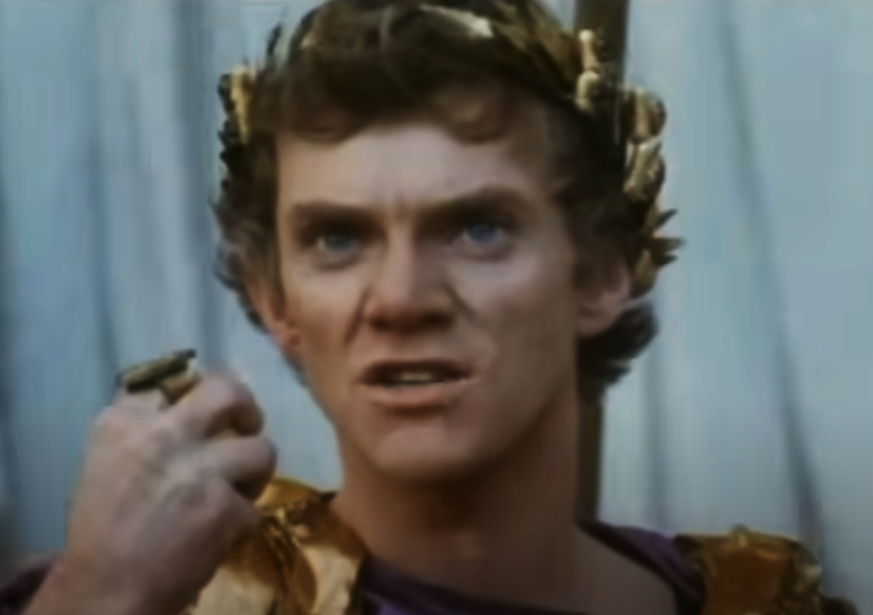 Felix Cinematografica, Caligula (1979)
Felix Cinematografica, Caligula (1979)
Caligula
The emperor was notorious for cruelty and sensual decadence during his four-year reign. But don’t forget appointing his favorite horse to the Roman senate either.
 Austrian National Library, Picryl
Austrian National Library, Picryl
Howard Hughes
Do we even need to remind you of who Howard Hughes was? Well, maybe you never saw The Aviator, Melvin And Howard, or even Rules Don’t Apply.
Howard Hughes
A mogul obsessed with aviation, movies, and womanizing, Hughes’ focus eventually turned to something else: germs. He holed himself up in screening rooms all just to protect himself from the germs in the outside world.
 Library of Congress, Wikimedia Commons
Library of Congress, Wikimedia Commons
John Christie
Often, the richest and fanciest are amongst the most eccentric. Case in point: 30s British opera manager John Christie.
John Christie
Christie’s chief mode of expression was through his clothes. He was prone to cutting the arms off a jacket if he felt too hot in the moment or wearing only lederhosen in public.
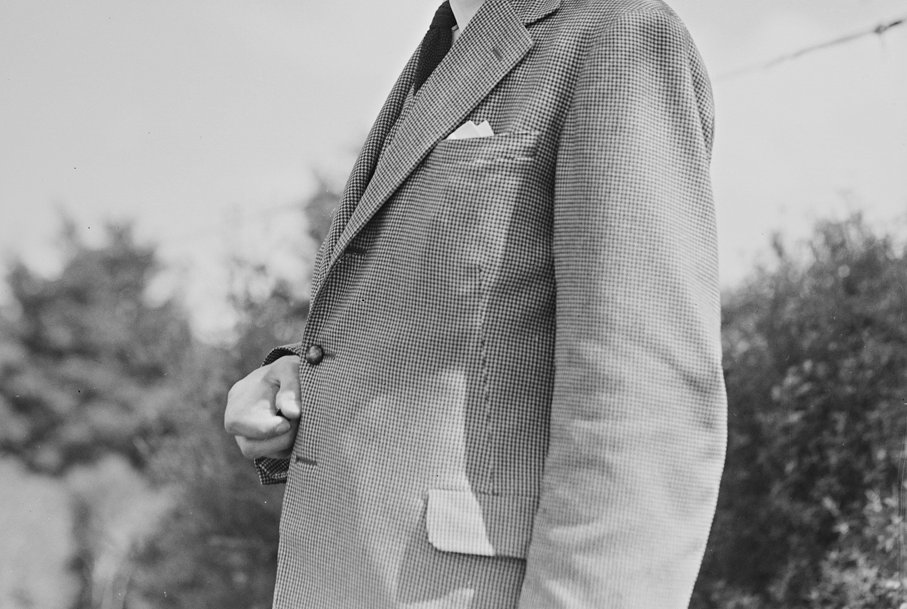 Auckland Museum, CC BY 4.0 Wikimedia Commons
Auckland Museum, CC BY 4.0 Wikimedia Commons
Sir George Sitwell
British writer and politician George Sitwell may have been known for his conservative politics, but a lot of his action strayed from the tight-knit, “normal” behavior he was supposed to project. Again, rich conservatives are often amongst the actual weirdest we have.
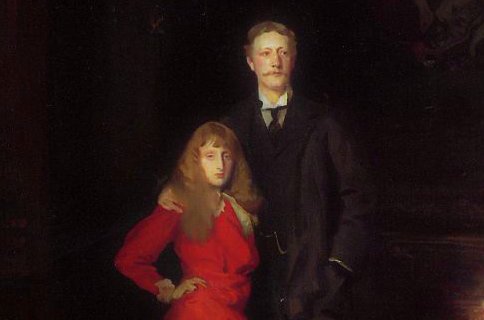 John Singer Sargent, Wikimedia Commons
John Singer Sargent, Wikimedia Commons
Sir George Sitwell
Many of Sitwell’s eccentricities revolved around animals and gardening. Be it inventing a gun to shoot wasps, trying to pay for his son’s tuition with produce from his garden, or having the cows he owned painted blue.
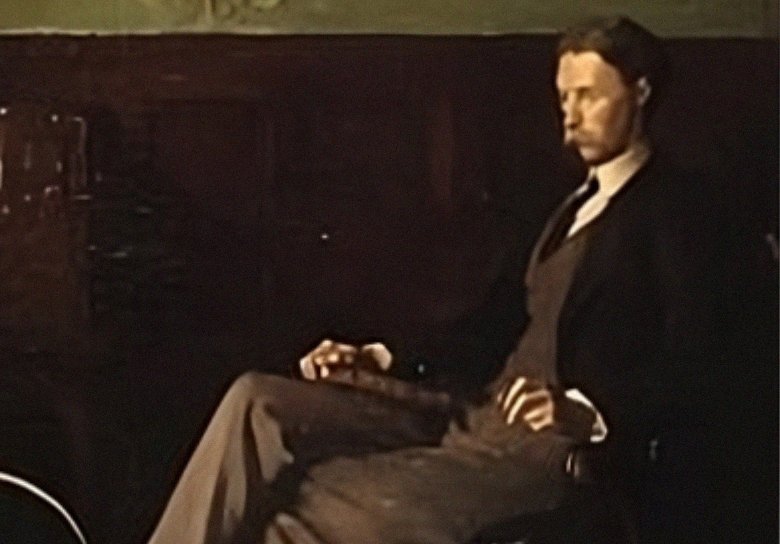 William Orpen, Wikimedia Commons
William Orpen, Wikimedia Commons
Gerald Tyrwhitt Wilson
Better known as Lord Berners, this British artist and writer moved through high society with many friends and admirers. Yet, he still had his off-putting behavior.
Gerald Tyrwhitt Wilson
Wilson’s fascination with animals took him to particularly strange places. For example, he dyed his pigeons different colors and frequently had tea with a pet giraffe.
 Rex Whistler, Wikimedia Commons
Rex Whistler, Wikimedia Commons
William Buckland
Getting deeper into this list, you’ll probably notice a running theme involving animals. One of these historic eccentrics who took their fascination with animals to extremes was British geologist William Buckland.
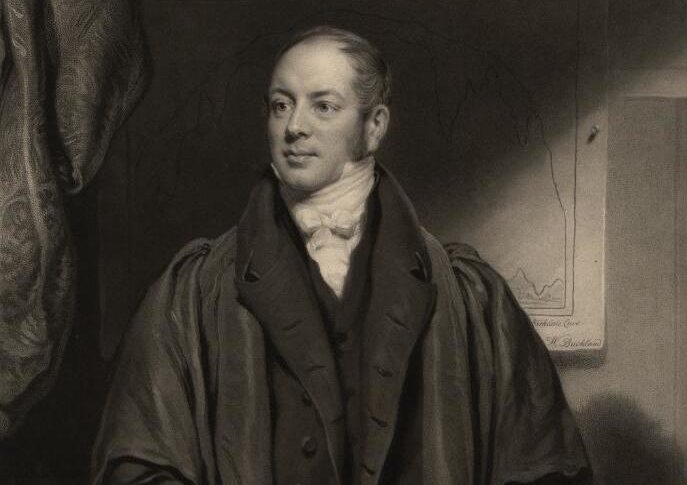 Samuel Cousins, Wikimedia Commons
Samuel Cousins, Wikimedia Commons
William Buckland
Besides hoarding animals in his personal home, Buckland claimed to have, in fact, eaten every animal on earth. He claimed moles and bluebottle flies were the worst tasting.
 Richard Ansdell RA, Wikimedia Commons
Richard Ansdell RA, Wikimedia Commons
Francis Egerton
British nobleman Francis Egerton made his money largely through inheritance. You’ll love finding out what he spent his fortune on.
 Unknown Author, Wikimedia Commons
Unknown Author, Wikimedia Commons
Francis Egerton
If you guessed “throwing dinner parties for dogs”, well then bullseye! He made sure they were always decked out in the newest fashions too.
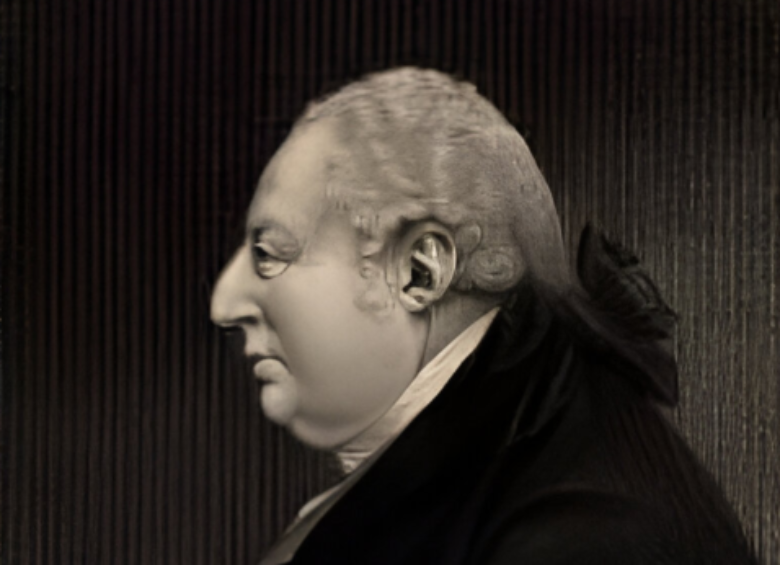 Craig - PainterE Scriven - Engraver, Wikimedia Commons
Craig - PainterE Scriven - Engraver, Wikimedia Commons
Jemmy Hirst
If you need an idea how strange Jemmy Hirst was, his Wikipedia doesn’t describe him by his occupation, but officially as “an English eccentric”. Though some would more generously say “animal expert”.
 Internet Archive Book Images, Flickr
Internet Archive Book Images, Flickr
Jemmy Hirst
Almost like a real-life Doctor Dolittle, Hirst believed he could essentially train animals to do anything. He thought he could teach an otter to fish or pigs how to act like dogs and bulls to function as horses.
 Auckland Museum, CC BY 4.0, Wikimedia Commons
Auckland Museum, CC BY 4.0, Wikimedia Commons
Sarah Winchester
It’s hard to not feel a little spooked reading about the life of American architect Sarah Winchester. Her story deals heavily in both personal trauma and the supernatural, after all.
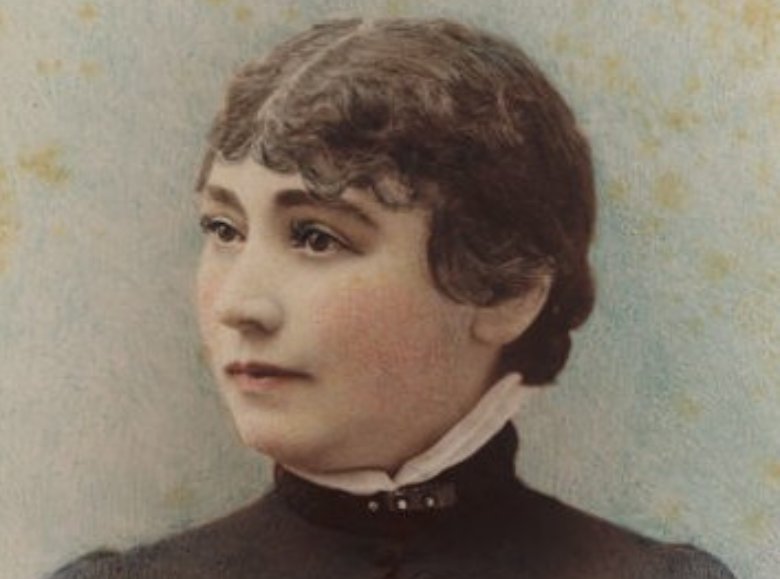 Taber Photographic Co., Wikimedia Commons
Taber Photographic Co., Wikimedia Commons
Sarah Winchester
Claiming that she was haunted by the victims of her husband’s rifle company, Winchester went about building a labyrinth-like mansion that she thought could contain these spirits. Many feel she was compartmentalizing her grief over the passing of her daughter and husband.
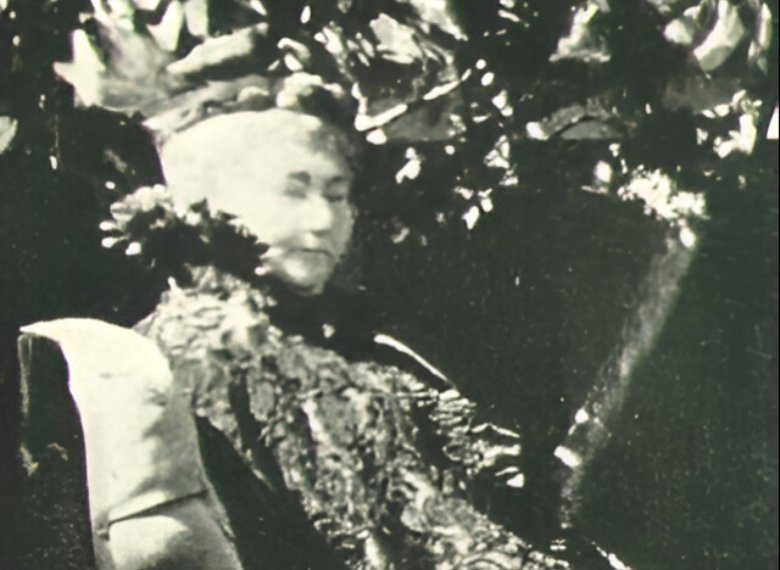 Winchester Mystery House museum, Wikimedia Commons
Winchester Mystery House museum, Wikimedia Commons
Sam Cohen
The job of “nuclear physicist” requires the best and brightest we have to offer, but what happens when someone with the intellect for the job has some strange beliefs to go along with it? Well, it’s hard not to be a little scared thinking of them being in charge of nuclear weapons.
 Los Alamos National Laboratory, Wikimedia Commons
Los Alamos National Laboratory, Wikimedia Commons
Sam Cohen
A witness to the Manhattan Project, physicist Sam Cohen went about developing his own idea for the neuron bomb, which would kill through radiation rather than nuclear destruction. He went about advocating for it in every potential conflict imaginable to the United States, showing there was something deeply wrong with his approach to human life.
Sir Francis Dashwood
From reading more and more of this list, you’re probably getting an increasing distrust of the rich and powerful, if you didn’t already. Hearing about English politician Sir Francis Dashwood will maybe make you raise your eyebrow even more.
 Nathaniel Dance-Holland, Wikimedia Commons
Nathaniel Dance-Holland, Wikimedia Commons
Sir Francis Dashwood
Dashwood was the founder of The Hellfire Club, whose name may ring a bell if you were a reader of 80s X-Men comics. It was, of course, taken after the real thing of the same name which was a gentleman’s club supposedly dedicated to worshiping Satan.
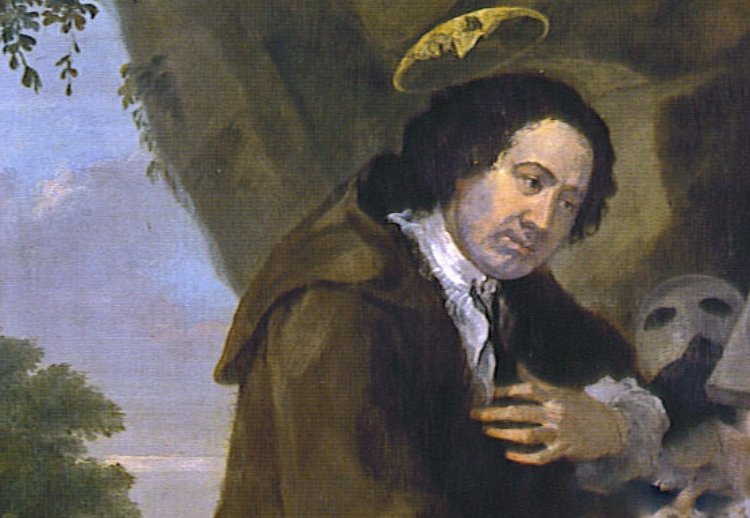 William Hogarth, Wikimedia Commons
William Hogarth, Wikimedia Commons
John “Mad Jack” Mytton
Yes, “Mad Jack” is probably a tip-off as to someone’s personality. This British politician (take a shot) certainly lived up to his name with his actions.
John “Mad Jack” Mytton
A prankster, to say the least, Mytton’s activities often involved animals. Some of those activities being riding a bear into a dining room or, as a child, leaving a horse in his tutor’s bedroom.
Alfred Deakin
With our next entry, we’re at least journeying from British to Australian politics. This concerns Alfred Deakin, who served as the Prime Minister of Australia for only one year at the beginning of the 20th century.
Alfred Deakin
Many politicians like to emphasize their ability to speak to regular people. Deakin on the other hand believed he could speak to spirits from the beyond.
 National Library of Australia, Wikimedia Commons
National Library of Australia, Wikimedia Commons
Nikola Tesla
There’s probably a reason noted weirdo entrepreneur Elon Musk named his company after famed inventor Nikola Tesla. It goes without saying that he saw a kindred spirit.
 Napoleon Sarony, Wikimedia Commons
Napoleon Sarony, Wikimedia Commons
Nikola Tesla
An obsessive personality, Tesla’s fascinations included pigeons and the number three. It was to the point that he oriented his life around these obsessions.
 Unknown Author, Wikimedia Commons
Unknown Author, Wikimedia Commons
Wolfgang Amadeus Mozart
You might close your eyes and just hum beautiful music when the name Mozart comes up. But behind the genius was at least a touch of madness.
 Barbara Krafft, Wikimedia Commons
Barbara Krafft, Wikimedia Commons
Wolfgang Amadeus Mozart
Look no further than the 1984 motion picture Amadeus to see a dramatization of Mozart’s eccentricities. Even at the height of his fame and talent, he had the personality of an obnoxious, teenaged prankster.
Joshua Abraham Norton
Delusions of grandeur are a heck of a drug. Just look at Joshua Abraham Norton, who made a mark when moving from South Africa to the United States in the middle of the 19th century.
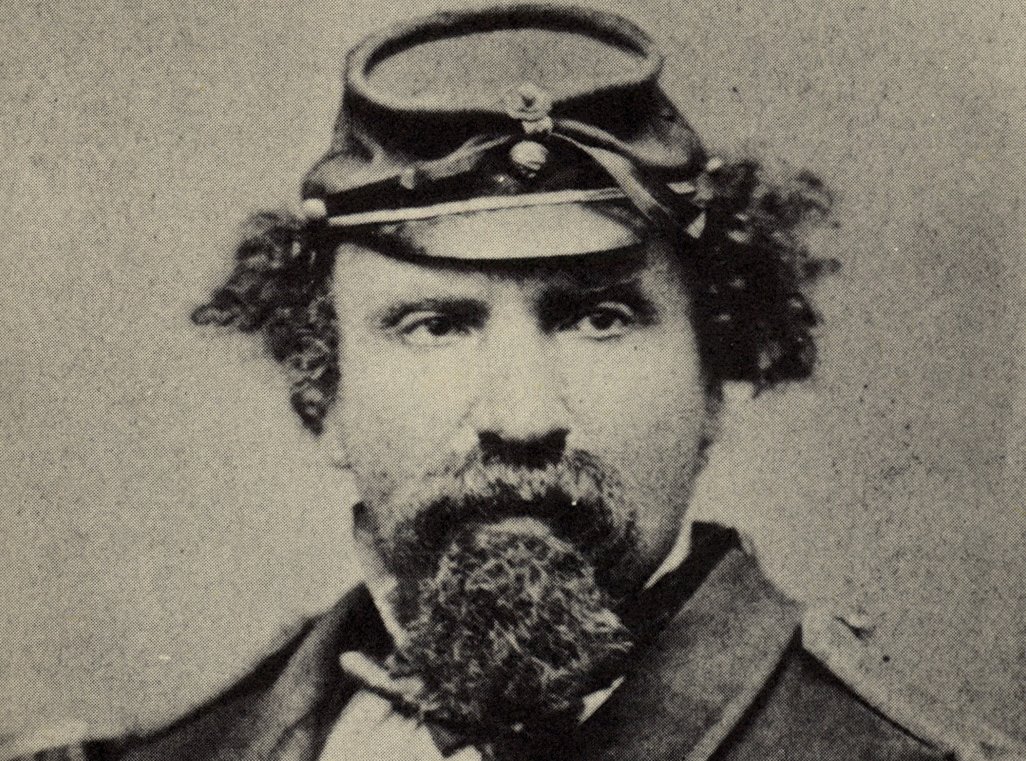 Unknown Author, Wikimedia Commons
Unknown Author, Wikimedia Commons
Joshua Abraham Norton
A few years after arriving in San Francisco, Norton declared himself the “Emperor of the United States” and drew up a plan to improve the country. While he wasn’t elected to any kind of office, he gained a considerable, or rather sympathetic, following from his fellow American citizens.
 H.W. Bradley or William Rulofson, Wikimedia Commons
H.W. Bradley or William Rulofson, Wikimedia Commons
You May Also Like:
Weird Historical Figures You Didn’t Learn About in School
Yes, The United States Had An Emperor—And He Was Completely Unhinged
Sources: 1

